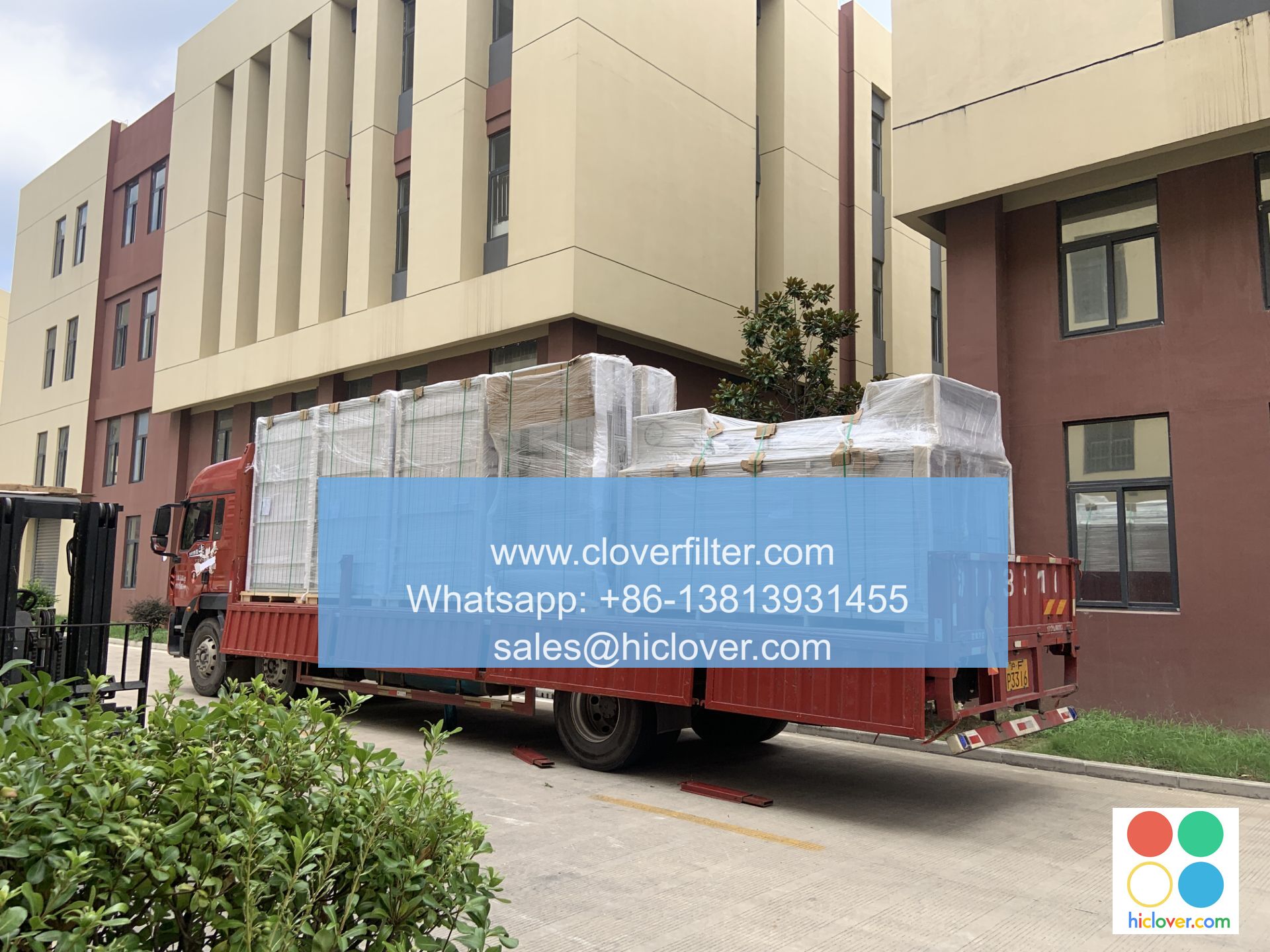Understanding the Benefits of Automated Filter Replacement in Industrial Settings

As industries continue to evolve and grow, the importance of maintaining efficient and cost-effective systems has become a crucial aspect of everyday operations. In this regard, automated filter replacement has emerged as a game-changer, offering numerous benefits that can have a significant impact on the overall performance and profitability of industrial settings.
What is Automated Filter Replacement?
Automated filter replacement, also known as cartridge replacement or automatic filter replacement, is a mechanism that enables the replacement of filters with minimal human intervention. This process involves the integration of advanced technology, which detects when a filter needs replacement and automatically replaces it with a new one.
Benefits of Automated Filter Replacement
The benefits of automated filter replacement are numerous and varied, but some of the most significant advantages include:
- Increased Efficiency**: Automated filter replacement reduces downtime and maximizes system availability, ensuring that production processes can run smoothly and efficiently.
- Cost Savings**: By minimizing the need for manual replacement and reducing waste, automated filter replacement can lead to significant cost savings over time.
- Improved Filter Performance**: With automated replacement, filters are replaced as needed, ensuring optimal performance and filtration results.
- Enhanced Operator Safety**: The automation process eliminates the risk of operator exposure to potentially hazardous chemicals or lint, ensuring a safer working environment.
- Reduced Labor Costs**: Automated filter replacement reduces the need for labor, freeing up staff to focus on more critical tasks.
- Increased Reliability**: Automated filter replacement helps to minimize the risk of filter failure, reducing the likelihood of system downtime and associated costs.
- Scalability**: Automated filter replacement makes it easier to scale production processes, as demand fluctuates, without compromising on performance or efficiency.
- Chemical Processing**: Chemical plants, refineries, and petrochemical facilities can benefit from automated filter replacement to ensure the smooth operation of chemical processing equipment.
- Power Generation**: Power plants, gas turbines, and other industrial power generation facilities can leverage automated filter replacement to maintain optimal filtration performance and ensure reliable power delivery.
- Food and Beverage**: Automated filter replacement is crucial in the food and beverage industry, where facilities must maintain strict hygiene standards and ensure the production of safe, high-quality products.
- Manufacturing**: Manufacturing facilities, including aerospace, automotive, and manufacturing plants, can benefit from automated filter replacement to maintain optimal production levels and reduce downtime.
- Pharmaceuticals**: Pharmaceutical manufacturers require precise control over their production processes, and automated filter replacement is essential for ensuring the quality and consistency of their products.
- Water Treatment**: Water treatment plants, including municipal and industrial water facilities, can optimize their filtration processes with automated filter replacement, ensuring the delivery of safe, clean water to consumers.
Key Applications for Automated Filter Replacement
Automated filter replacement is beneficial across various industrial settings, including:
Conclusion
In conclusion, automated filter replacement offers numerous benefits for industrial settings, including increased efficiency, cost savings, improved filter performance, and enhanced operator safety. As the demand for precision and reliability continues to grow, the adoption of automated filter replacement will become increasingly critical for maintaining optimal performance and reducing costs in various industries.
I’m ready to assist you. What would you like to talk about or ask?

